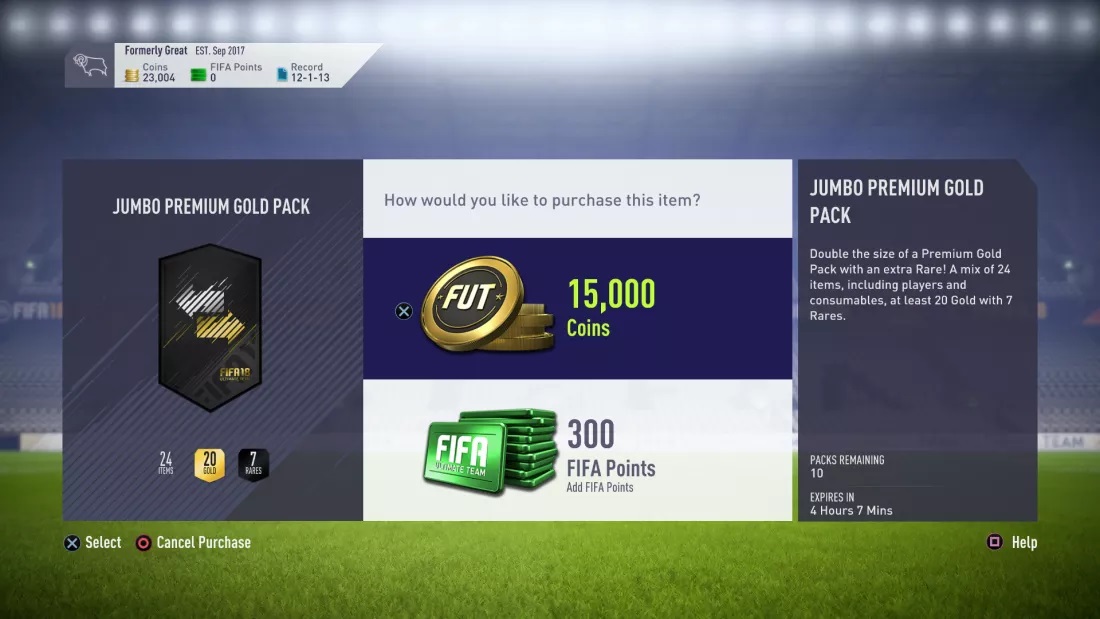Loot boxes are one of the most used forms of monetization in major “free to play” games, in fact, even games that have a more user-friendly micropayment model and that do not fall into the pay-win dynamics, such as Guild Wars 2, resort to this element. either way.
Someone may have raised an eyebrow at me wondering where the Guild Wars 2 loot boxes are, and the answer is very simple, in chests of black lions. They meet all the requirements to be considered loot boxes because they open with a key that can be bought for real money and have a certain chance of throwing away items of less or less value. After all, they are still a form of gambling that can be very profitable, or vice versa.
Other games, such as the FIFA series, Overwatch or the recently released Diablo Immortal, also use infamous loot boxes, a form of monetization that has been controversial for some time and has led some countries to decide take radical action against them because:
- They consider them a form of gambling.
- It can be harmful and cause considerable addiction.
- It affects the youngest and has minimal control.
This lack of control allowed developers and publishers to do almost anything with loot boxes, but gradually awareness of loot boxes changed and some countries such as Belgium and the Netherlands decided to ban them. However, this did not stop the giants of the video gamewho do not hesitate to continue to use this method of monetization. We recently told you that Blizzard preferred to keep loot boxes in Diablo Immortal and did not release the game in both countries.

18 countries have joined forces for stricter regulation of loot boxes
The Norwegian Consumer Council took advantage of the recent controversy provoked by Diablo Immortal for its commitment to loot boxes and decided move the card due to stricter regulation micropayments and has so far received the support of 20 organizations and 18 countries.
In its campaign against loot boxes, this Norwegian organization has published an interesting video explaining how this system is designed to use the playerbecause it uses handling techniques to spend large amounts of money without a guarantee that you will receive an item or product of comparable value.
The Norwegian Consumer Council believes that loot boxes can exist, but limits need to be set for them. use them properly. Here are their instructions:
- Disable games with a deceptive design aimed at exploiting players.
- List of prices of microtransactions in real world currency.
- Disable loot boxes in any game that minors can use.
- Greater transparency about how loot boxes are planned to ensure justice.
- Better and greater compliance by regulators.
In general, I agree with these five points, although I understand that Point three is one of the most difficult because technically any video game can be used by minors. It would be necessary to define very well the degree of probability from which the ban would apply, but even then it would still be complicated.
If these five proposals are not met, the Norwegian authority recommends banning loot boxes altogether. Personally, I have to say that I have only used black lion chests from Guild Wars 2 on a few occasions, with the keys I got in the game or with the keys I bought in exchange for game gold for gems, something that requires hours of play and I have never reached a value comparable to invested gold. Curious, isn’t it? And I’ve been playing Guild Wars 2 for almost a decade now, so you can see how loot boxes are “well done”.














